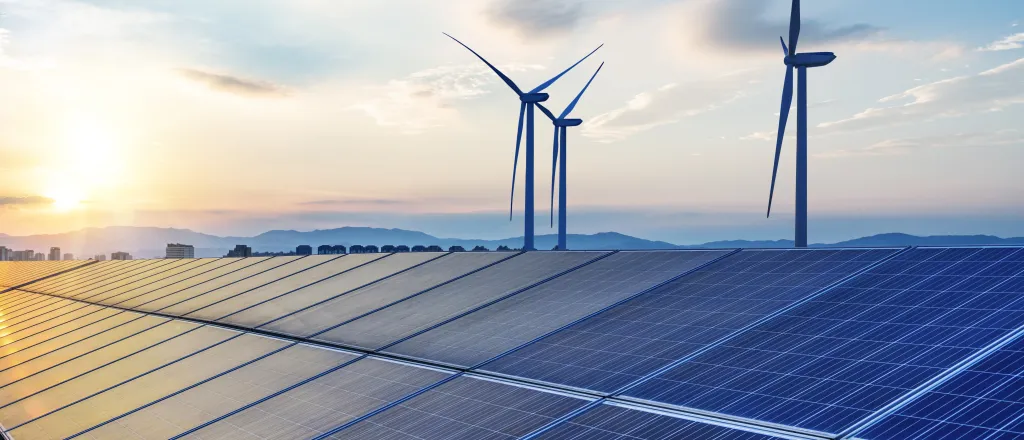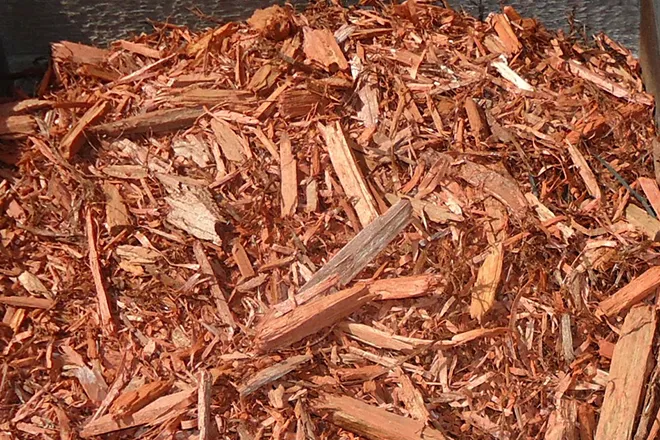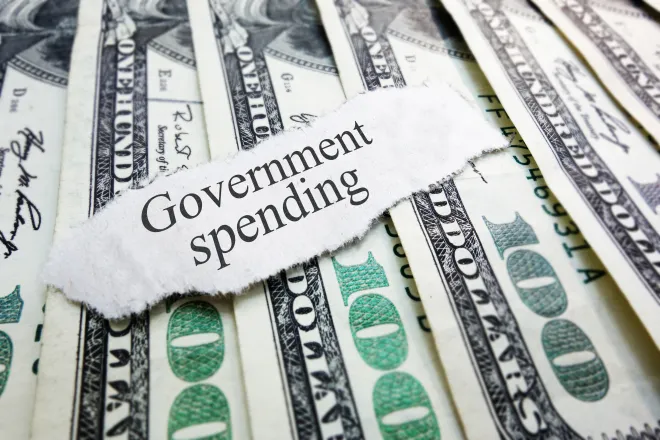
BLM to cut solar, wind leasing fees by 80 percent
(Wyoming News Service) The Bureau of Land Management wants to cut leasing rates by 80 percent for wind and solar projects on public lands, and streamline the application process, in an effort to meet increasing demand for clean energy.
Bobby McEnaney - dirty energy project director with the Natural Resources Defense Council - said the new rules will create a system that allows public input, and ensure that investments in wind and solar will benefit communities.
"Wyoming has some of the best wind resources in the world, so there's going to be a lot of pressures to deal with," said McEnaney. "Doing that right is complicated, and I appreciate that the administration has started to think about how to do that, given that development is going to happen."
The new rules come on the heels of the BLM's efforts to put public lands leasing for conservation purposes on par with oil and gas extraction, a move criticized by the Petroleum Association of Wyoming as a violation of the agency's multiple use mandate.
The public can comment on the BLM's proposal until August 15.
Under current rules, the BLM bases wind and solar leasing rates on market-rate land values, which can be tens of thousands of dollars per acre.
Energy production on lands owned by all Americans have been prioritized for coal, oil, and gas extraction for over a century.
McEnaney noted that the oil and gas industry has had a big head start lobbying Congress to create rules that suit their interests.
"Until recently, oil and gas paid as little as a dollar and a half an acre," said McEnaney. "Wind and solar paid far more than they should. They've been disadvantaged for years, because they're simply late to the game compared to oil and gas."
But unlike oil and gas operations - where half of federal leasing revenues are sent back to states - 100 percent of wind and solar revenues will go directly into federal coffers, under current laws.
McEnaney said Congress needs to make wind and solar development more beneficial for local communities.
"Wind and solar is sited under a really old regulatory code, the same code that was used to site railroads and ditches," said McEnaney. "There isn't any structural law that allows for revenue to be distributed back to counties and states."
















